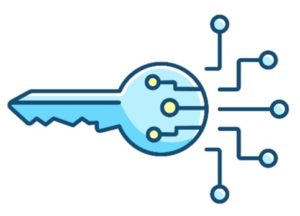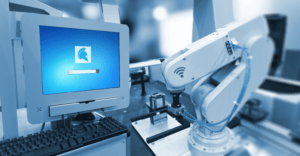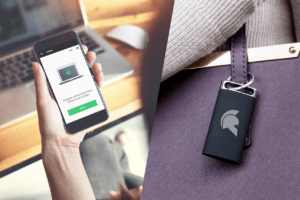See Who is Logging in on Shared Windows Accounts
Need to accurately audit access logs across the network due to a shared computer? Not easy to track who is logging in when to which computer? Usually, admins can go…
Benefits of Hardware Tokens for Authentication
IT administrators have many responsibilities that require elevated access to the systems that they are responsible for maintaining. This makes them attractive targets for attackers looking to penetrate the most…
How to Automatically Launch Websites at Startup in Chrome
How to auto-launch websites on Chrome. Auto-launching applications saves lots of time. You can set your computer to open Chrome and launch any website you want at startup so you…
What’s my computer’s domain name?
Look up your Computer’s Domain Name on Windows 10 PC. Windows 10: To find the Domain name for your Windows 10 PC, please follow the directions below. Click on the Start Menu.…
How to Automatically Launch Applications at Startup
Did you know you can set your Windows 10 computer to launch any desktop application you want at startup so you can skip having to manually click open everything? Useful…
Improving Patient Care by Reducing IT Burdens on Physicians
The words condemning the inefficiencies and excessive administrative tasks of the current electronic health record (EHR) system came directly from the American College of Physicians (ACP). They called it “inefficient,…
What is Proximity Authentication?
Proximity authentication explained. Proximity authentication is the process of authenticating users of a system via their presence (proximity) using either a proximity token or smartphone. If the user is in…
Preventing Password Fatigue & Stress
Stress alert! The biggest password problem might be the fatigue and stress. Password stress happens when users must memorize and type a large number of passwords on a consistent basis. Nobody…
Bluetooth Proximity Lock for Workstations
Bluetooth proximity lock for computers allows you to lock and unlock computers with a Bluetooth signal (Bluetooth token or phone). Some Bluetooth PC lock models use active Bluetooth connections. Some…









